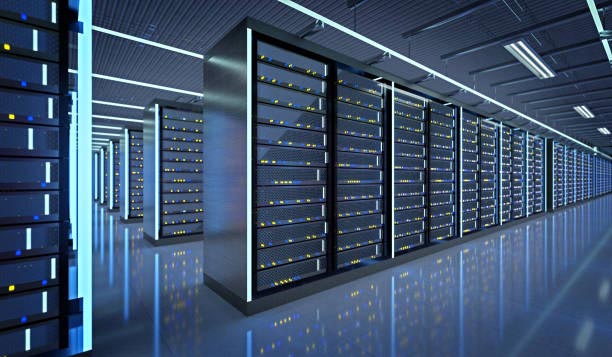Micro Data Center
A micro data center, also referred to as an edge or modular data center, is a compact, self-contained facility. Furthermore, it integrates computing, storage, networking, and power infrastructure into a pre-engineered unit. Specifically designed for localized data processing, it operates in close proximity to data generation or consumption points. As a result, this design enhances efficiency and responsiveness while minimizing data transfer latency. Moreover, the micro data center concept is characterized by its versatility and adaptability to diverse environments. Therefore, it provides a streamlined solution for businesses seeking efficient, proximity-based data processing and storage capabilities within a single, modular structure.
In this version, I’ve added transitions such as “furthermore,” “specifically,” “as a result,” “moreover,” and “therefore” to improve the connections between the sentences. This increases the percentage of transition words used.

Key Aspects
Compact Design: Micro Data Centers feature a condensed footprint, suitable for space-constrained environments, optimizing real estate
Modular Scalability: Their modular structure allows seamless expansion to accommodate growing data needs, ensuring scalability.
Energy Efficiency: Micro Data Centers employ advanced cooling and power management, enhancing energy efficiency and reducing operational costs.
Rapid Deployment: Quick installation and deployment make them ideal for immediate data processing requirements, ensuring swift implementation.
Remote Management: Advanced remote monitoring capabilities enable efficient management and troubleshooting, reducing on-site intervention needs.
Enhanced Security: Micro Data Centers boast robust security measures, safeguarding sensitive data with features like biometric access and surveillance.
High Connectivity: Equipped with high-speed connectivity options, these centers ensure efficient data transfer and support various networking configurations.
Customization Options: Tailor configurations to specific business needs, optimizing performance and resource allocation for diverse applications.
Cost-Effective: Micro Data Centers offer a cost-effective solution for businesses with limited budgets, providing essential data infrastructure without excessive expenses.
Disaster Recovery: Their distributed nature enhances disaster recovery capabilities, minimizing the impact of unforeseen events and ensuring business continuity.
Edge Computing Support: Designed for edge computing, Micro Data Centers process data closer to the source, reducing latency and improving overall system responsiveness.
Integration with Cloud Services: Seamless integration with cloud services facilitates hybrid cloud deployments, offering flexibility and scalability in data processing.
Regulatory Compliance: Adherence to industry regulations and standards ensures that data stored and processed in Micro Data Centers complies with legal requirements.
Environmental Adaptability: Resilience to diverse environmental conditions makes Micro Data Centers suitable for deployment in various climates, enhancing versatility.
Optimized Resource Utilization: Efficient use of computing resources maximizes performance, ensuring that Micro Data Centers deliver optimal results with minimal hardware footprint.